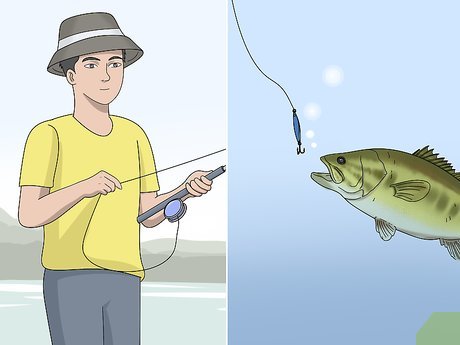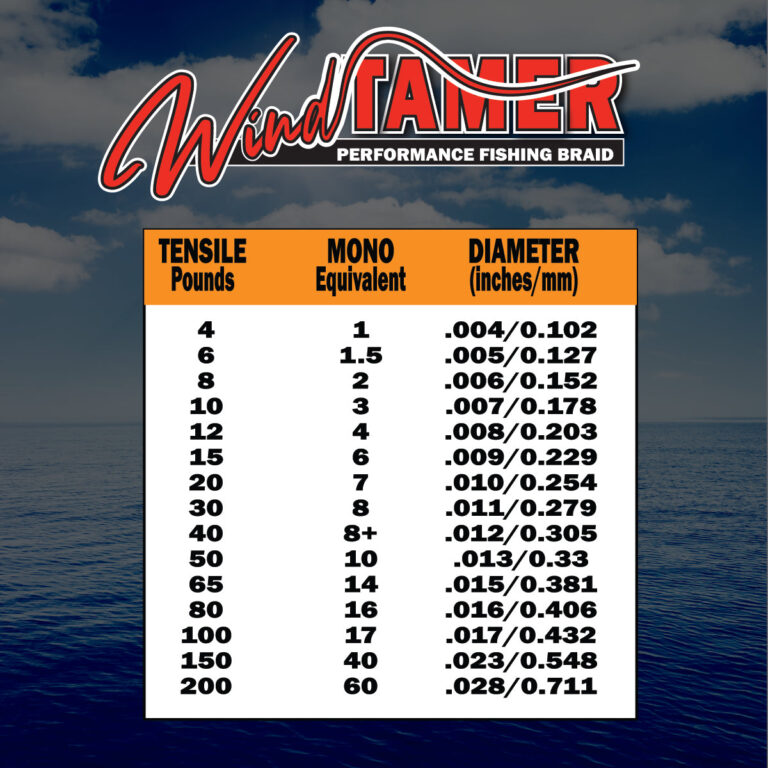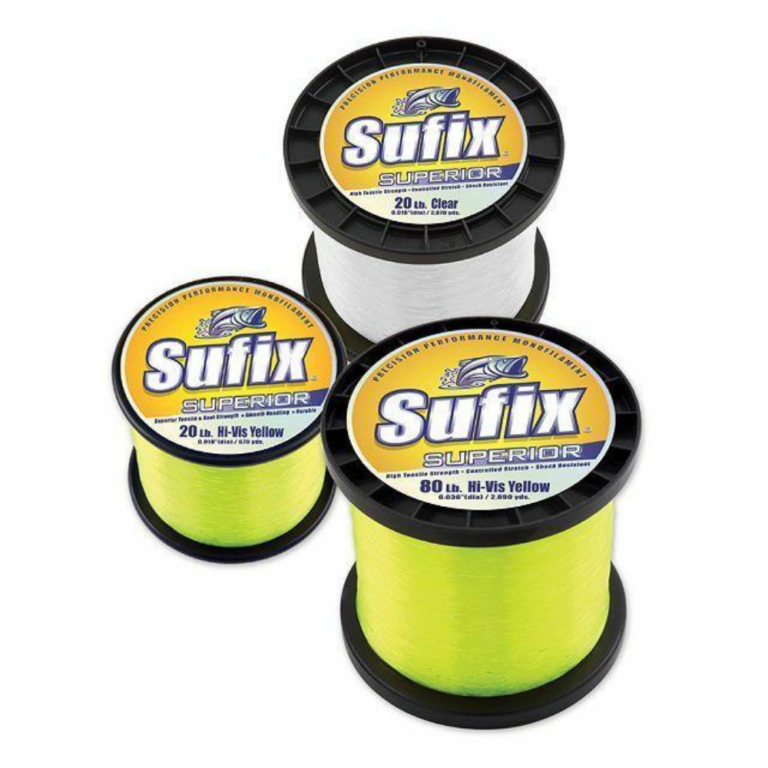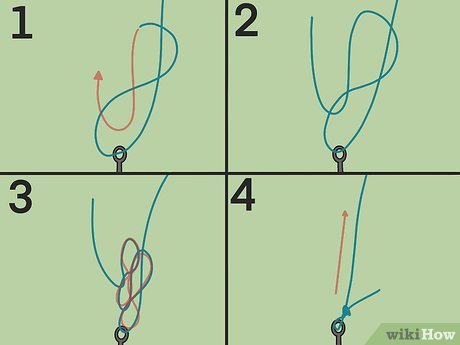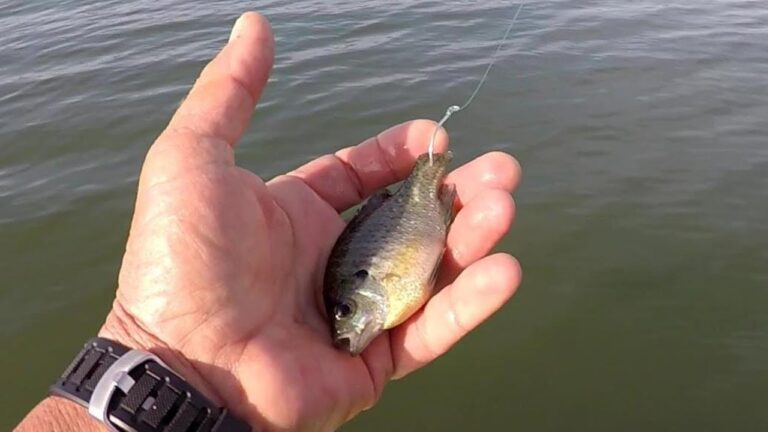How to Tie Drop Shot Hook
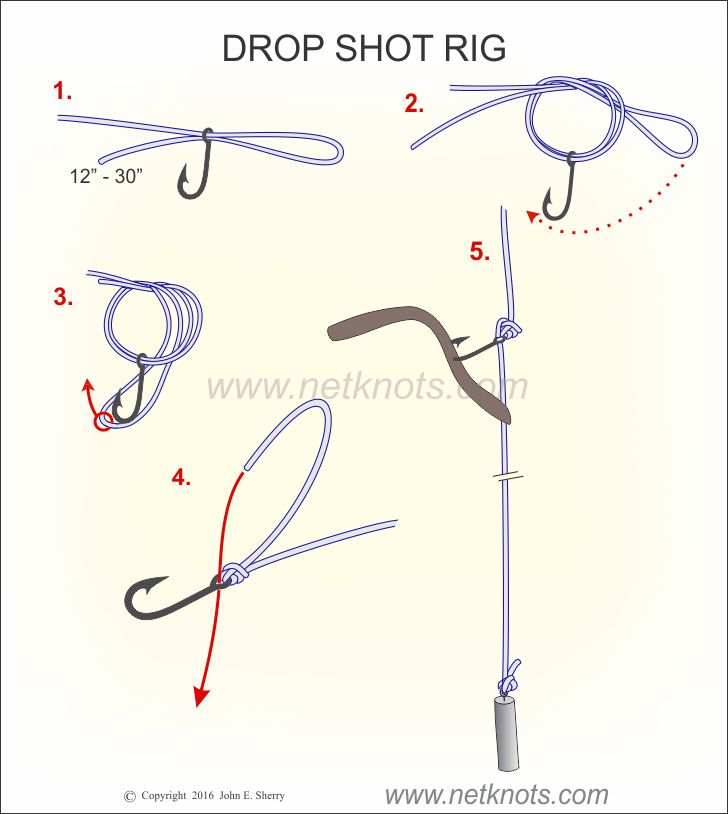
To tie a drop shot hook, first thread the line through the hook eye and leave a tag end. Then, tie an overhand knot around the hook shank with the tag end.
Mastering the drop shot rig is a game-changer for anglers seeking precise bait placement in deeper waters or targeting suspended fish. This technique allows your lure to dance seductively in the aquatic environment, mimicking the natural movements of prey and enticing wary fish to strike.
Essential for finesse fishing, the drop shot setup positions the hook and bait above a weight, giving anglers superior control and sensitivity. By perfecting the knot, fishers gain confidence in their tackle, ensuring the hook stands out at the right angle, maximizing the chances of a successful bite. The simplicity of this effective rig makes it a go-to for anglers of all skill levels, promoting an enticing presentation that increases catch rates significantly.

Credit: www.youtube.com
The Essentials Of Drop Shot Fishing
For successful drop shot fishing, choosing the right gear is essential. Durable rods with sensitive tips detect nibbles. Use thin, strong lines to feel bites and avoid detection. The hook matters most. Opt for specialized drop shot hooks designed for this technique. Their shape ensures proper bait presentation and increases hook-up ratios.
Selecting the best knot for your hook is vital. It must be strong to withstand fights with big fish. The Palomar knot is a top choice for its strength and simplicity. A proper knot ensures the hook stays secure and the line stays intact. Every angler should master this knot to improve their drop shotting success.
Types Of Knots For Drop Shot Hooks
Explore the art of securing a drop shot hook with reliable knots like the Palomar and the Improved Clinch. Master these essential techniques to ensure your rig holds strong during the fight with the catch of the day.
Palomar Knotsimplicitystrength. This knot is easy, even for beginners. First, create a loop at the line’s end. Pass the loop through the hook’s eye. Tie a simple overhand knot, with the hook hanging loose. Pull the loop over the hook. Now, just tighten the line and you’re all set! Moving to the Improved Clinch Knotfirm grip. Thread the line through the hook’s eye. Leave five inches of extra line. Wrap this line around the standing part of the line five to seven times. Bring the end of the line through the small loop above the hook’s eye. You must also pass it through the big loop created. Wet your lines and pull tight. Your hook is secured! “`Step-by-step Guide To Tying A Drop Shot Hook
Tying a drop shot hook starts with correctly preparing the line. First, ensure you have a clean line. Take about 4-6 inches of line and double it to form a loop. This loop is crucial for creating the knot. Keep the line free from any tangles. Smoothly run your fingers along the line to straighten it for a strong knot.
The Palomar knot is a popular choice for its strength. Cut a neat, clean edge on the line for easier threading. Push the loop through the eye of the hook. Next, tie a simple overhand knot, but do not tighten it just yet. The hook must go through the loop to complete the process. Now, you can pull both ends to tighten the knot. Finally, ensure the knot is snug and trim any excess line.

Credit: www.takemefishing.org
Tips For Perfecting Your Knot
Mastering drop shot hook knots is crucial for successful fishing. To avoid common mistakes, remember not to overtighten the knot. This can weaken its hold and reduce your catch rate. Correct knot tightness ensures the hook moves naturally in the water, luring more fish.
Adjusting knot tightness can be tricky. Use steady hands and pull each end of the line gently. This makes sure the knot is firm yet flexible. A secure, well-tied knot equates to optimal performance when fishing. Practice is key – so keep tying until it feels right!
Advanced Techniques And Variations
Mastering drop shot rigging boosts your fishing game. Modifying knots suits various conditions. Tie a Palomar knot and adjust the hook angle.
Angling the hook upwards ensures better hooksets. Use a small loop at the hook eye for flexibility. A simple overhand knot allows easy hook angle changes.
- Re-tying the knot varies the hook presentation.
- Test different angles for the best catch rate.
- Tighter loops offer less movement but stronger holds.

Credit: m.youtube.com
Maintaining Your Drop Shot Setup
To maximize the life of your drop shot setup, perform routine checks for knot integrity. Always inspect your knot before casting. Look for fraying, twisting, or any signs of wear. Signs of wear mean it’s time to retie your hook. Retie after catching a big fish or getting snagged. It’s also smart to retie after several hours of fishing. This will help you keep your setup strong and prevent loss of catch.
Frequently Asked Questions On How To Tie Drop Shot Hook
How Do You Tie A Drop Line Rig?
Start by cutting a length of the fishing line. Tie one end to a swivel and the other to a lead weight. Attach a shorter line with a hook to the swivel, spaced above the weight. Your drop line rig is ready to use.
How Do You Rig A Dropshot?
Thread your line through a dropshot hook, leaving a tail for the weight. Tie the hook with a Palomar knot. Attach the weight at the line’s end. Adjust the leader length based on depth. Nose-hook the bait for a natural presentation.
How Do You Tie A Drop Shot For Catfish?
Start by attaching a swivel to your mainline. Then, tie a 1-2 foot leader with a hook on one end. Secure a drop shot weight at the leader’s bottom, allowing the bait to float above. Ensure knots are tight for optimal performance and durability.
How Do You Tie A Dropshot Weight?
Thread the line through the eye of the dropshot weight. Create a loop above the weight and pass the end of the line back through the eye. Pull to tighten, securing the weight.
Conclusion
Mastering the drop shot hook tie can significantly enhance your fishing game. It’s all about precision, practice, and patience. By following the steps outlined, you’ll equip yourself with a reliable knot that won’t let the big one get away. So grab your line, refine your technique, and get ready to reel in success.
Happy fishing and tight lines!
Also Worth Reading:
- How to Cut Braided Fishing Line
- How to Hook a Minnow on a Hook
- How to Remove Rust from Fishing Hooks
- How to Set a Hook Fishing
- How to Sharpen Fish Hooks
- How to Test If Fishing Line is Still Good
- How to Tie a Fishing Leader Line
- Can a Fish Survive With a Hook in Its Mouth
- Can Fish See Braided Line
- Can Fish See Fishing Line
